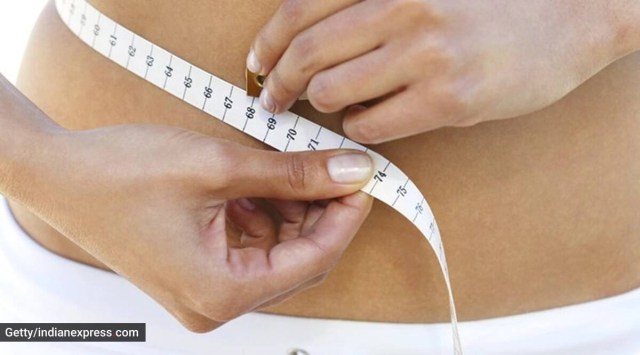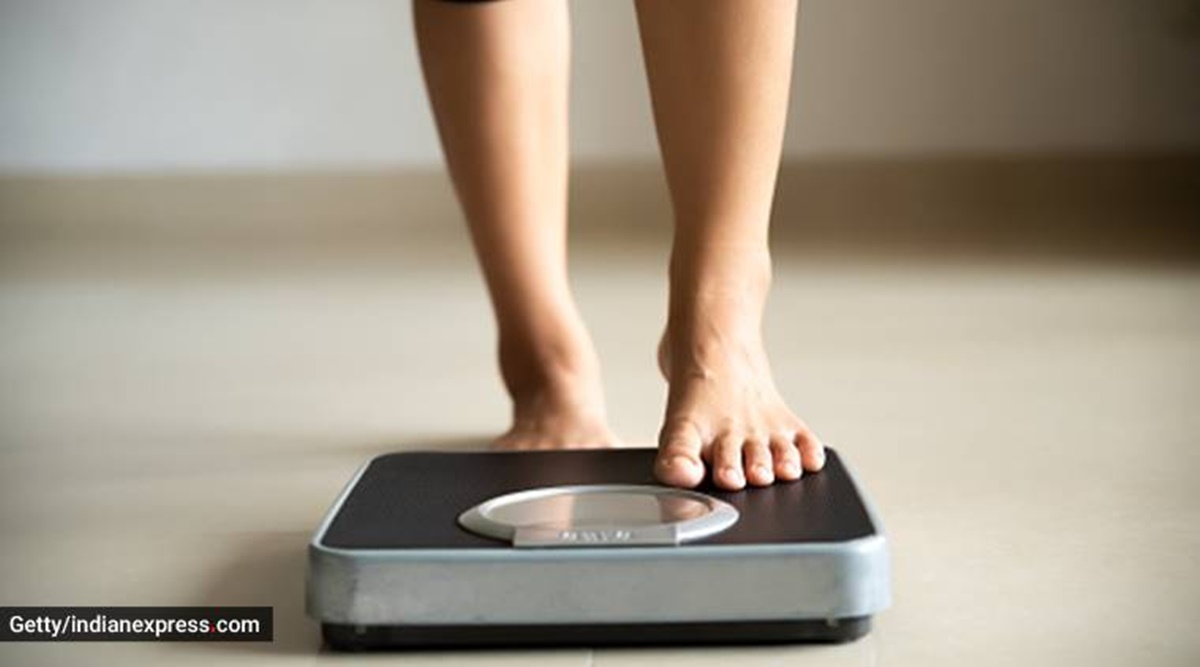📣 For more lifestyle news, click here to join our WhatsApp Channel and also follow us on Instagram
Know Your Body: Women burn fat more slowly than men
From burning more calories a day to having more lean muscle mass and a higher basal metabolic rate, the bodies of men work differently than those of women, experts say
 We investigate the truth behind this weight loss secret. (Source: Getty Images/Thinkstock)
We investigate the truth behind this weight loss secret. (Source: Getty Images/Thinkstock)We would all like to believe the human body works exactly in the same way for everyone. However, there are indeed some exceptions to the rules. For example, research shows women burn fat slower by a rate of 50 calories a day.
As part of our Know Your Body series, experts enlist the possible reasons why women tend to burn fat more slowly compared to men.
“Typically, men burn 500 to 1,000 more calories a day than women, which means they can lose about one to two pounds of more weight than women a week, even if they eat the same amount of calories,” says neurologist Dr Sudhir Kumar, Apollo Hospitals, Hyderabad.
“Men have more lean muscle mass and a higher basal metabolic rate (BMR), as compared to women. Lean muscles have insulin receptors and consume more calories, and hence it is easier for men to burn more calories (and thus lose more fat), as compared to women, even while at rest,” adds Dr Kumar.
Generally, men also possess more muscle mass compared to women, and muscles consume more calories than fat.
 Time to stop believing on weight loss myths. (Source: Getty Images/Thinkstock)
Time to stop believing on weight loss myths. (Source: Getty Images/Thinkstock)
“This results in men having a faster metabolic rate, which studies indicate can be anywhere from 3 to 10 per cent higher than women,” says Dr Ushakiran Sisodia, Registered Dietician and Clinical Nutritionist, Nanavati Max Super Speciality Hospital, Mumbai.
A slower metabolism implies that the body uses fewer calories to support normal bodily functions such as respiration, cognition, and blood circulation. According to Dr Sisodia, any surplus calories are then stored as fat.
Dr Kumar also points out the problem gets compounded in post-menopausal women.
“Estrogen levels drop after menopause, and reduced estrogen may lower metabolic rate, the rate at which the body converts stored energy (fat) into working energy. In addition, post-menopausal women lose lean muscle mass too, leading to a further reduction in BMR. Women are naturally designed to hold more body fat than men,” he says.
However, while these differences may appear to give men an advantage, they should not be interpreted as men having an easier path. According to the American Council on Exercise, an active woman will have 21 per cent to 24 per cent of body fat, whereas a man will have 14 per cent to 17 per cent.
“Women tend to store fat in the lower half of the body (buttocks, hips, lower abdomen, and thighs), whereas men tend to store fat in the abdomen, especially because they have more visceral fat (which makes men more prone than women to get cardiovascular diseases),” Dr Kumar points out.
Circadian rhythms also play a crucial role in weight loss, according to Dr Sisodia. “Gym workouts often exemplify these gender differences further. Women typically focus on cardio, while men tend to prioritise weight training,” he said.
Citing a study published in the Proceedings of the National Academy of Sciences in January 2009, Dr Shobha Gupta, Medical Director, Mother’s Lap IVF Centre, New Delhi, says brain scans of women showed activity in the regions that control the drive to eat even though they claimed not to be hungry when asked to smell, taste, and observe treats like pizza, cinnamon buns, and chocolate cake (which was not the case for men).
“The brains of men and women are wired differently when it comes to food. The rest of the time, your lifestyle—from the moment you get up to the moment you fall asleep—matters greatly,” says Dr Gupta.
“Regardless of individual circumstances, the journey to achieving optimal health can be complex and bewildering. Despite the longstanding belief that weight loss is simply about consuming fewer calories than you burn, the reality is not that straightforward,” says Dr Sisodia.
📣 For more lifestyle news, follow us on Instagram | Twitter | Facebook and don’t miss out on the latest updates!
📣 For more lifestyle news, click here to join our WhatsApp Channel and also follow us on Instagram



- 0114 hours ago
- 0214 hours ago
- 0314 hours ago
- 0414 hours ago
- 0514 hours ago
























